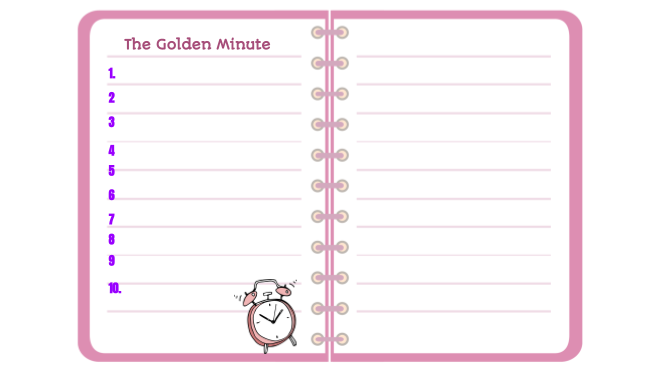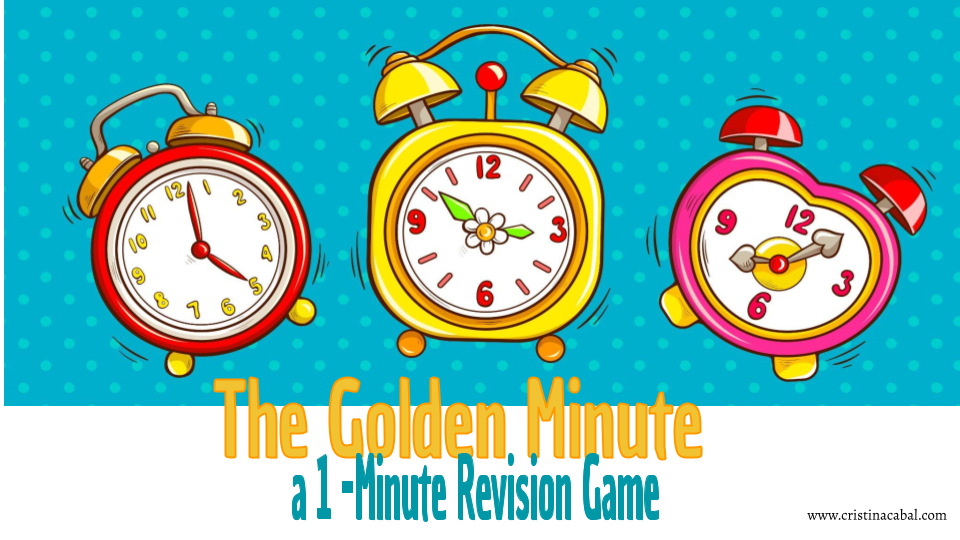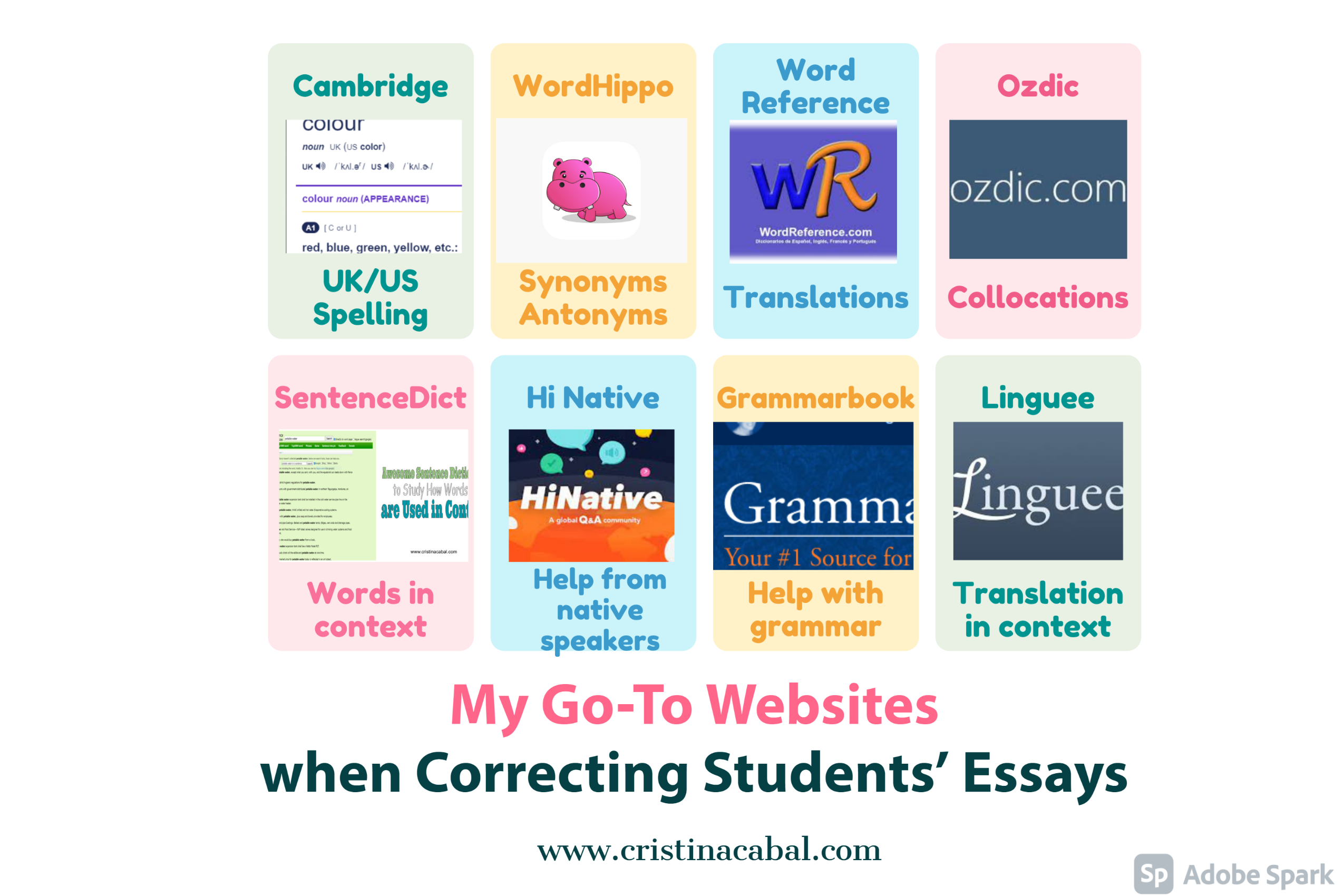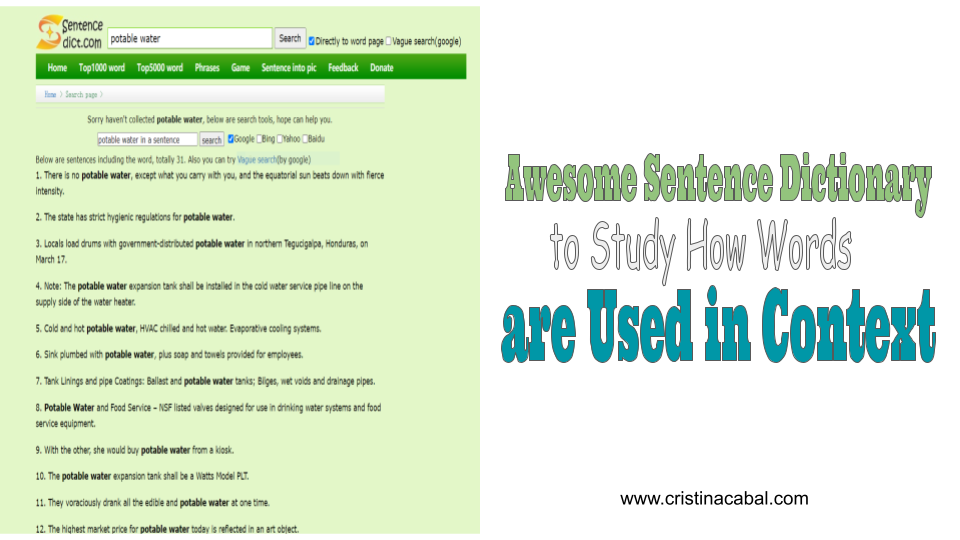It’s a gorgeous spring day here, in Asturias. My classes end tomorrow, and before I find it impossible to resist the siren call of a full shift to summer mode, I wanted to tell you about one last fun, fast-paced pandemic-era game I have adapted from one game I heard on the radio.
Does it happen to you? Every time I see a new game in a TV show or listen to a game on the radio, I am like a dog on alert, ears pricked, bodyweight rolled forward and tail lifted, eager to see if it’s possible to adapt and use it to teach English. Yes. That’s how my mind is wired!
So, I came up with this game while listening to the Spanish radio station, KISS FM. The game the presenters (Xabi and María) were playing with their listeners was called “El Milnuto”, but since I have adapted it, I will officially rename it “The Golden Minute”. I know, not so good!
Why this game?
First of all, because it can be used as a warm-up for the first 5-10 minutes of the lesson and you know, how important these 5 minutes are.
Secondly, because you can never go wrong with a game. Learning is a serious business, but this doesn’t mean they cannot have fun while doing it.
Thirdly, because it helps them revise and reinforce content.
Ready? Here we go:
Preparation: prepare a set of 10 questions to revise vocabulary or grammar. They need to be short and to the point. If you add a funny question in between some more academic ones, that would be a blast.
Materials: a stopwatch to monitor 1 minute.

Procedure:
- Tell students you are going to ask them 10 questions in 60 seconds ( to be honest, I give them a minute and a half, but I don’t tell them)
- Ask them to write down numbers 1 to 10 (see picture below) in their notebooks. This is an important step for 2 reasons:
- They won’t waste time writing down the numbers.
- You will use up the whole minute and this means you will have time to repeat some of the questions but always beginning with question number one and then number 2… etc. Writing down the numbers will facilitate identifying the ones they haven’t answered.
- When the time is up, ask students who have managed to answer all the questions to raise their hands and ask the students sitting next to them to check their answers.
The prize? a big round of applause or perhaps a free homework pass.
TIP: There should be a variety of questions: difficult, easy, translation of one or two words, a surprise funny question not content-related… etc
So, this is the game… creating the right atmosphere to play the game is kind of up to you.
Example of questions:
- Preposition that collocates with “depend”
- What’s the past of “forecast”?
- Phrasal verb beginning with “look” meaning ” to admire someone”
- Write the word pronounced /prəˈsiː.dʒər/
- Finish this proverb ” An apple a day keeps the doctor..”
- Elisabeth II’s grandson: Harry or Larry?
- How do you say in English? sotenible
- Which is correct: people is or people are?
- Which is correct: despite of or despite?
- Phrasal verb beginning with “look” meaning ” to despise”
Have fun teaching. Have fun learning!


